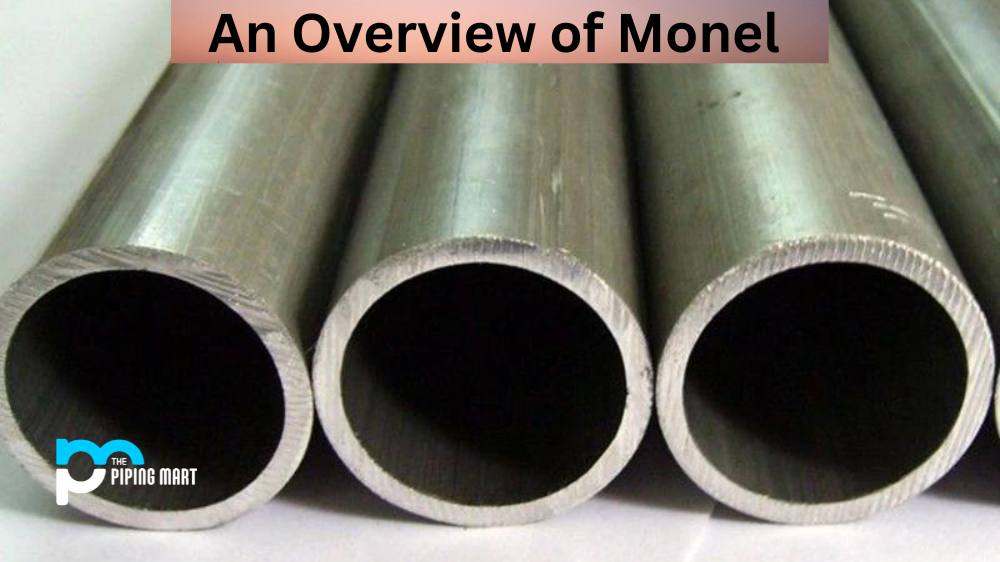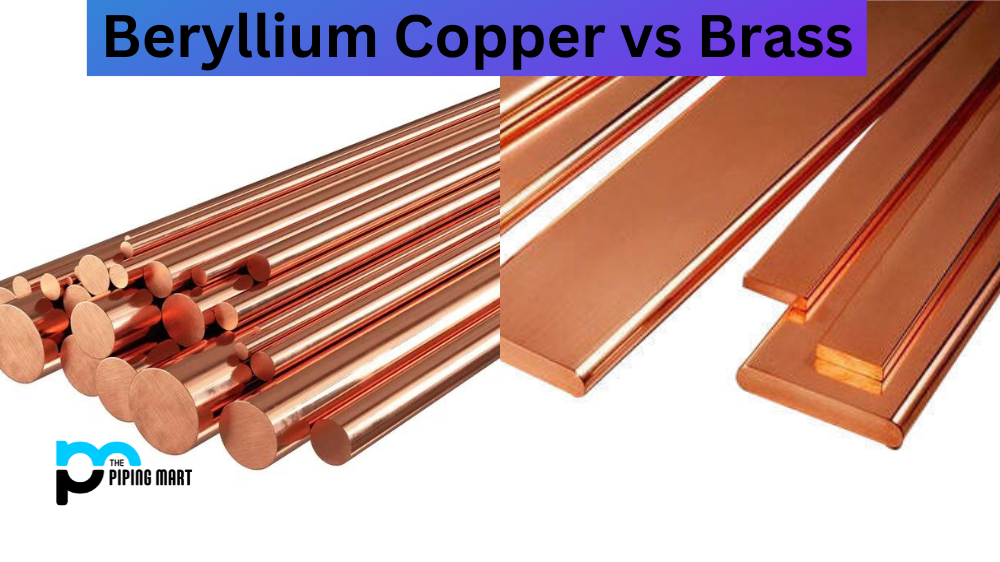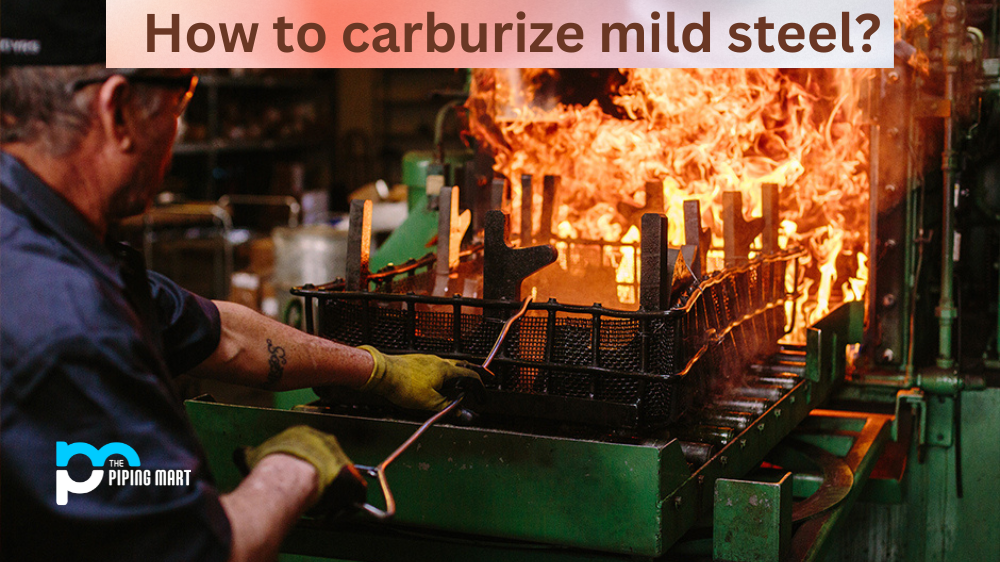Whether you are building a structure, creating tools, or just looking for the best material for a project, it’s important to understand the difference between copper and carbon steel. Both of these materials have unique advantages and disadvantages that should be considered when making your decision. Let’s explore what makes each material unique so you can make an informed decision about which is right for your project.
What is Copper?
Copper is a naturally occurring reddish-brown colored metal that has played a significant role in human civilization for thousands of years. It is one of the first metals that humans learned to work with, and it has been used in everything from currency and jewelry to electrical wiring and construction materials. Copper is highly valued for its excellent conductivity and resistance to corrosion, which makes it an ideal material for many different industrial and commercial applications. While it is an essential element in many modern technologies, copper’s history and cultural significance should not be overlooked.
What is Carbon Steel?
Carbon steel is a term that is often heard in the world of metallurgy and engineering. It is a common type of steel that is produced by mixing iron and carbon, with the latter usually making up no more than 2.1% of the steel’s weight. What sets carbon steel apart from other types of steel is its impressive strength and durability, which are a result of the interaction between the iron and carbon atoms. Additionally, carbon steel is known for its affordability and versatility, which are two factors that have contributed to its widespread usage in a variety of industrial and engineering applications. From construction to manufacturing, carbon steel has proven to be an essential material that has helped shape the modern world.
Difference Between Copper and Carbon Steel
Copper and carbon steel are two vastly different metals that have distinct characteristics and purposes. Copper, with its beautiful reddish-orange hue, has been cherished for centuries for its beauty and conductivity. It’s commonly used for cookware, plumbing, and electrical wiring, among other things. Carbon steel, on the other hand, is a type of steel that has significant amounts of carbon in it. It’s a highly durable and strong material that can be used in various industries, including construction, automotive, and aerospace. While copper is known for its aesthetic appeal, carbon steel’s primary value lies in its toughness and strength. Despite their differences, both copper and carbon steel have important roles in various manufacturing applications and are essential materials in their respective fields.
- Copper is a better conductor of heat than carbon steel.
- Copper is more resistant to corrosion than carbon steel.
- Copper is more expensive than carbon steel.
- Carbon steel is less malleable than copper.
- Carbon steel is harder than copper.
- Carbon steel can be used at higher temperatures than copper.
- Copper has a lower melting point than carbon steel.
- Carbon steel is stronger than copper.
Advantages of Copper
Copper has been used as a building material since ancient times due to its malleability, conductivity, and durability. It is resistant to corrosion and long-lasting. Copper also has great thermal properties; it can transfer heat quickly and evenly, making it ideal for use in many applications where heat management is important. In addition, copper is non-magnetic and does not rust or corrode easily in most environments. Finally, copper is 100% recyclable.
Advantages of Carbon Steel
Carbon steel has many of the same properties as copper but with some distinct differences. Carbon steel is much more durable than copper; it can withstand higher temperatures without damage and is less prone to wear and tear over time. It also offers greater strength than copper while still being lightweight enough to be handled easily during installation or repairs. Finally, carbon steel is cheaper than copper, which makes it an attractive option for projects on a budget.
Conclusion:
When deciding between copper vs. carbon steel for your project, consider which qualities are most important to you; if durability and cost are your main concerns, then carbon steel may be the better choice, whereas if thermal properties and recyclability are more important, then copper may be the way to go. Ultimately, it comes down to personal preference as both materials offer excellent performance with different advantages depending on your needs. No matter which material you choose, you can rest assured that your project will benefit from its superior qualities!

Abhishek is a seasoned blogger and industry expert, sharing his insights and knowledge on various topics. With his research, Abhishek offers valuable insights and tips for professionals and enthusiasts. Follow him for expert advice on the latest trends and developments in the metal industry.




